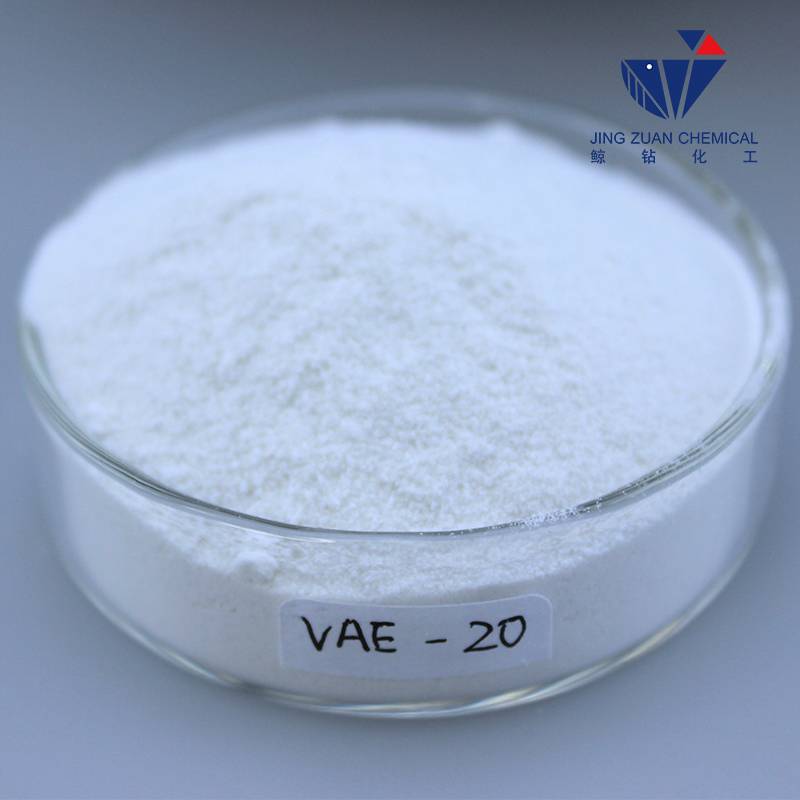
نويابىر . 14, 2024 01:14 Back to list
what is hydroxyethyl cellulose used for
What is Hydroxyethyl Cellulose Used For?
Hydroxyethyl cellulose (HEC) is a versatile, non-ionic cellulose ether derived from natural cellulose. Its chemical modification involves the introduction of hydroxyethyl groups to the cellulose molecule, which enhances its solubility and functionality. Due to these properties, HEC is widely used across various industries, including pharmaceuticals, cosmetics, food, and construction.
What is Hydroxyethyl Cellulose Used For?
In the cosmetics industry, hydroxyethyl cellulose is valued for its thickening and film-forming properties. It is commonly found in hair styling products like gels and mousses, where it helps to create the desired hold and texture. Additionally, it is used in various skin care products, providing a smooth and luxurious feel, along with stability to emulsions. HEC’s ability to retain moisture also makes it a valuable ingredient in moisturizing products, enhancing hydration and skin softness.
what is hydroxyethyl cellulose used for

The food industry also benefits from hydroxyethyl cellulose, where it is used as a thickener and stabilizer in sauces, dressings, and processed foods. HEC helps to improve the texture and consistency of these products, ensuring a pleasant mouthfeel while enhancing the shelf life. Its function as a fat replacer in low-fat and reduced-calorie products is particularly noteworthy, aiding in maintaining creaminess without the added calories.
In construction and paint formulations, hydroxyethyl cellulose is used as a thickening agent and water-retaining agent. It helps to improve the workability of cement mortars and plasters, ensuring better adhesion and reduced cracking. In water-based paints, HEC acts as a stabilizer, preventing the separation of pigment and maintaining uniform consistency throughout the application process.
Furthermore, HEC is utilized in various industrial applications, including oil drilling and textile processing. In oil drilling, it is used to improve the viscosity of drilling fluids, enhancing the performance and efficiency of the drilling process. In textile processing, HEC serves as a thickener for dyes and coatings, facilitating an even application and improved color retention.
In summary, hydroxyethyl cellulose is a multifunctional ingredient with a vast range of applications across several industries. Its properties as a thickening agent, stabilizer, and moisture retainer make it indispensable in pharmaceuticals, cosmetics, food, and construction, among others. As industries continue to seek innovative solutions for their formulations, the demand for hydroxyethyl cellulose is expected to grow, solidifying its place as a key ingredient in modern formulations.
-
Versatile Hpmc Uses in Different Industries
NewsJun.19,2025
-
Redispersible Powder's Role in Enhancing Durability of Construction Products
NewsJun.19,2025
-
Hydroxyethyl Cellulose Applications Driving Green Industrial Processes
NewsJun.19,2025
-
Exploring Different Redispersible Polymer Powder
NewsJun.19,2025
-
Choosing the Right Mortar Bonding Agent
NewsJun.19,2025
-
Applications and Significance of China Hpmc in Modern Industries
NewsJun.19,2025







